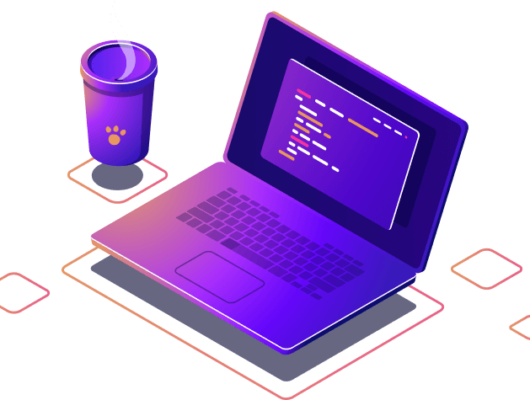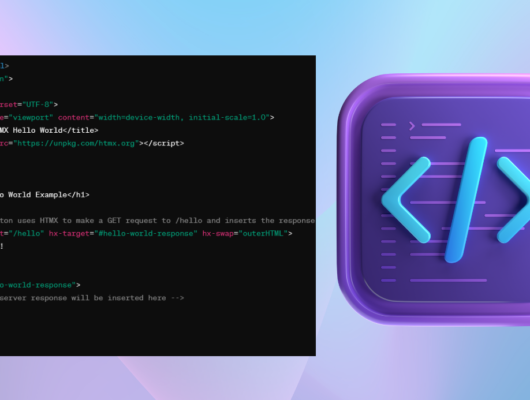Introduction
Laravel is a powerful framework for frontend and backend development, providing developers with a sophisticated syntax, strong functionality, and an ecosystem that speeds up the development process. Laravel offers the necessary tools to create high-quality, scalable solutions for both complex applications and small websites. This post will discuss the reasons why Laravel is exceptional for full stack development, address common problems, and provide ideas to enhance your Laravel projects.
Why Laravel?
Laravel is a PHP framework recognised for its capacity to safely manage intricate web applications at a quicker rate compared to numerous other frameworks. It streamlines development by addressing typical duties like routing, sessions, caching, and authentication, enabling developers to concentrate on the fundamental aspects of their applications.
Key Features:
- Eloquent ORM: Provides an active record implementation for working with databases in an object-oriented manner.
- Artisan Console: Offers a suite of command-line tools for automating repetitive tasks.
- Blade Templating Engine: Allows for intuitive and flexible templating without sacrificing application speed.
- Middleware: Offers a convenient mechanism for filtering HTTP requests entering your application.
- Security: Laravel offers robust security features out of the box, including protection against SQL injection, cross-site request forgery, and cross-site scripting.
Laravel: Simplifying the art of web development, one line of code at a time
Frequently Asked Questions
- Is Laravel suitable for frontend development?
Laravel is a backend framework that interfaces smoothly with frontend technologies. Blade, the templating engine of Laravel, enables the creation of views using plain PHP code, providing a robust and versatile solution. Laravel can serve as an API backend for sophisticated frontend requirements, such as integrating with JavaScript frameworks like Vue.js or React.
- Is Laravel appropriate for novices?
Laravel is beginner-friendly because of its well-structured documentation, model-view-controller architecture, and helpful community. Prior knowledge of PHP and object-oriented programming is advised to facilitate the learning process.
- How does Laravel compare to other PHP frameworks?
Laravel is often praised for its scalability, performance, and the breadth of features it offers out of the box. Compared to other PHP frameworks, Laravel provides a more streamlined and developer-friendly experience, making it a preferred choice for many developers for both small and large-scale projects.
Tips for Maximizing Laravel in Your Projects
- Utilize Laravel Mix: Simplify your frontend workflow by leveraging Laravel Mix for compiling and optimizing assets.
- Explore Laravel Packages: Enhance functionality with packages for tasks like user management, social media integration, and more.
- Stay RESTful: When building APIs, adhere to RESTful conventions to ensure your application is scalable and maintainable.
- Database Migrations: Use migrations to manage your database schema; this is crucial for team collaboration and maintaining a history of changes.
- Test Your Applications: Laravel comes with built-in testing support that is simple to use yet powerful. Embrace testing to ensure your application is robust and error-free.
Conclusion
Laravel’s extensive ecosystem makes it a great option for full stack development, providing efficiency and adaptability. Embracing the Laravel framework, whether as a beginner or to advance your skills, can greatly improve your development process. By utilising Laravel’s functionalities, adhering to best practices, and actively participating in the community, you may develop robust and scalable web apps that endure throughout time.






